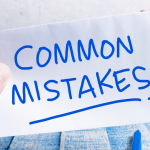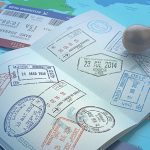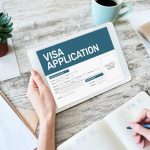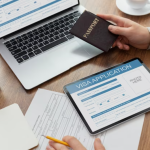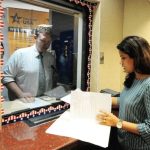Visa applications can be complex, and many applicants make common visa application mistakes that lead to delays or denials. Whether it’s submitting incomplete documents, filling out forms incorrectly, or misunderstanding visa requirements, these errors can significantly impact your chances of success. This article highlights common visa application mistakes and provides actionable tips on how to avoid them, ensuring a smoother and more successful application process.
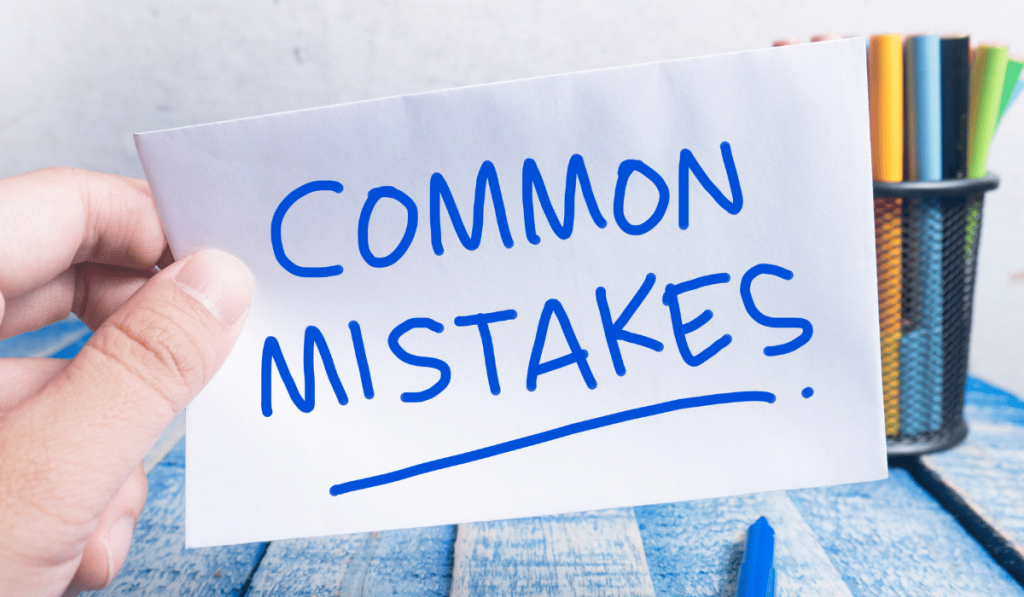
Table of Contents
How to Avoid Common Visa Application Mistakes?
To successfully navigate the visa application process, it’s essential to be aware of the most frequent pitfalls that can lead to delays or rejections. By understanding and avoiding common mistakes such as submitting incomplete documentation, providing inaccurate information, or failing to meet specific visa requirements, you can significantly improve your chances of obtaining a visa. This section will guide you through practical tips and strategies to help you prepare thoroughly, stay organized, and ensure a smooth application process, minimizing the risk of errors and increasing the likelihood of approval.
Common Mistakes to Avoid
- Submitting Incomplete Documentation: One of the most common reasons for visa denial is missing or incomplete documents. Always check the list of required documents on the consulate’s website and make sure you have everything before submitting your application.
- Providing Incorrect Information: Filling out the visa application form with incorrect information, whether intentional or accidental, can lead to denial. Double-check all details, such as your name, passport number, travel dates, and contact information, before submitting.
- Overlooking Visa Requirements: Each visa type and country has its own specific requirements. Failing to meet these requirements, such as providing a letter of invitation or proof of financial stability, can result in a rejected application.
- Not Preparing for the Interview: If your visa application requires an interview, going unprepared can harm your chances. Research common interview questions, practice your answers, and bring all necessary documents.
- Applying Too Late: Starting your application too late can lead to missed deadlines, rushed document preparation, and increased stress. Apply well in advance to avoid these issues.
Tips for Avoiding Common Mistakes
- Create a Checklist: Make a checklist of all required documents and steps in the application process. This will help you stay organized and ensure nothing is overlooked.
- Review the Requirements Regularly: Visa requirements can change frequently. Regularly review the consulate’s website for any updates.
- Double-Check All Information: Before submitting your application, review all forms and documents to ensure they are accurate and complete.
- Prepare for the Interview: Research common questions, dress appropriately, and practice your answers. Bring all necessary documents and arrive early.
- Start Early: Begin your application process well in advance to allow time for gathering documents, addressing any issues, and avoiding delays.
Examples of Mistakes and Their Consequences
- Incorrectly Filled Application Forms: Mistakes in the application form, such as incorrect spelling or missing information, can lead to delays or outright denial. Always review the form carefully.
- Missing Proof of Financial Stability: Many applicants fail to provide adequate proof of funds, which can result in rejection. Provide multiple forms of financial proof, such as bank statements, tax returns, and sponsorship letters.
- Inadequate Travel Insurance: Some countries require specific types of travel insurance. Failing to provide the correct insurance can result in delays or denial.
FAQs
Navigating the visa application process can be challenging, and it’s natural to have questions about common mistakes and how to avoid them. To help you prepare effectively and increase your chances of success, we’ve compiled a list of frequently asked questions (FAQs) that address some of the most common concerns and provide practical solutions for a smoother application experience.
1. What should I do if I realize I’ve made a mistake on my visa application form after submission?
If you realize you’ve made a mistake on your visa application form after submission, contact the consulate or visa application center immediately. Many consulates allow you to make corrections before processing begins, but the sooner you notify them, the better. Some consulates may require you to submit a new form or provide additional documentation to correct the mistake.
2. How do I know if my visa application is missing any documents?
To ensure your application is complete, carefully review the checklist provided by the consulate or embassy for your specific visa type. Check the consulate’s website for the most up-to-date list of required documents. It’s also a good idea to consult with a visa consultant or use a checklist from reputable sources to double-check all requirements.
3. What are the common reasons for visa denial?
Common reasons for visa denial include incomplete or incorrect documentation, insufficient proof of financial stability, providing false information, inadequate travel insurance, failure to meet specific visa requirements (such as a letter of invitation or proof of accommodation), and failure to demonstrate strong ties to your home country.
4. How can I prove financial stability for my visa application?
To prove financial stability, provide multiple forms of documentation, such as recent bank statements, salary slips, tax returns, sponsorship letters, or a letter from your employer confirming your income. The goal is to demonstrate that you have sufficient funds to support yourself during your stay without needing financial assistance from the host country.
5. How early should I start my visa application process?
It’s generally recommended to start the visa application process at least three months before your planned travel date. This allows ample time to gather all required documents, schedule any necessary appointments, and address any unexpected issues that may arise. For some countries and visa types, even earlier preparation may be necessary, especially during peak travel seasons.
6. What should I bring to my visa interview?
For your visa interview, bring all required documents, such as your passport, visa application form, financial documents, proof of accommodation, invitation letters, and any other supporting evidence requested by the consulate. Additionally, prepare copies of all documents in case they are needed. It’s also a good idea to bring a notebook and pen for any notes or additional information you may need to provide.
Final Thoughts
Avoiding common mistakes in your visa application can significantly increase your chances of approval. By understanding the requirements, being thorough in your preparation, and double-checking all details, you can ensure a smoother application process. For more in-depth advice on avoiding visa application mistakes, visit our Visa Guidelines section.



